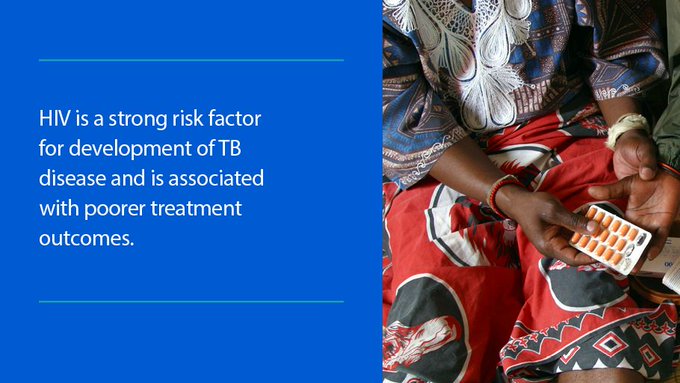Throughout the month of December, STREAM community advisory boards (CABs) in South Africa are participating in a variety of World AIDS Day events to raise awareness about HIV/AIDS and the link between HIV and tuberculosis (TB). Multidrug-resistant TB is a particular risk for people living with HIV due to their increased vulnerability to TB disease. As part of their World AIDS Day activities, all four South African CABs are working to highlight the critical need to increase awareness, combat stigma, and improve access to care for both HIV and TB.
In Durban, the CAB is hosting a “Know your Status and Take your Treatment” event with the Kwa Mashu Community Health Centre next week. The outreach activity has been scheduled around the school holidays to maximize attendance and aims to educate students living with HIV on HIV/TB coinfection and the importance of treatment adherence. HIV survivors and guardians will discuss their journeys with lifelong HIV treatment and their experiences of looking after loved ones living with HIV. Durban’s STREAM Community Liaison Officer, Nomsa Ngwane, remarked, “we’ve made good progress [raising awareness of the TB/HIV link], but it will be important for South Africa to continue its integrated approach to HIV and TB so that we can improve outcomes.”

Although the number of TB deaths among people living with HIV has decreased significantly, the number of TB deaths remains a critical public health issue. In 2018 alone, there were 251,000 deaths from TB among those living with HIV. South Africa’s high HIV burden impacts their ability to effectively address the challenge of TB as TB is more common in people living with HIV. This complex co-infection forces South Africa to commit more resources to fighting this disease. A focus on HIV-associated TB is needed to address these concerns and to achieve the End TB Strategy, UNAIDS and SDG targets.
Dr. Ezio Tavora, STREAM Community Engagement Coordinator commented on the need to implement an integrated approach to HIV and TB:
“Globally, the challenge of HIV-TB co-infection is far from over. Tremendous improvements in access to HIV care have helped reduce the burden of HIV/AIDS yet, in 2018, roughly 800,000 AIDS-related deaths were reported. TB is fueled by HIV/AIDS and is the #1 infectious disease killer. To eliminate HIV and TB, we’ll need more than medical interventions – we’ll have to do more to improve system functioning and eliminate the many obstacles to seeking and accessing care. We’re committed to fighting fiercely to find a solution.”
Please visit Vital Strategies’ Twitter and Facebook pages to learn more about TREAT TB’s support on World AIDS Day.
